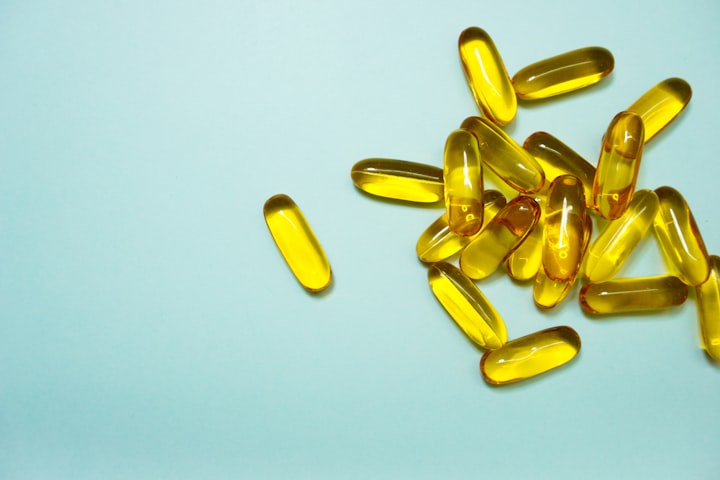Food to Avoid at Night to Promote Kidney Health
Avoiding Nighttime Kidney Risks, Food you should stop eating at night to prevent kidney problems

Introduction:
Maintaining healthy kidneys is crucial for overall well-being as these vital organs play a significant role in filtering waste and toxins from the body. While proper diet and lifestyle choices are important throughout the day, it becomes particularly crucial to pay attention to our food intake at night. Certain foods consumed before bedtime can have a negative impact on kidney health, potentially leading to the development or worsening of kidney problems. In this article, we will explore the types of food one should avoid at night to prevent kidney problems.
Excessive Sodium Intake:
One of the primary concerns for kidney health is excessive sodium consumption. High levels of sodium can lead to water retention and increased blood pressure, which puts additional strain on the kidneys. Foods such as processed snacks (chips, pretzels), fast food, canned soups, and pickles are often loaded with sodium and should be avoided at night. Opt for fresh, low-sodium alternatives to support kidney health.
Red Meat and Processed Meats:
Consuming large quantities of red meat and processed meats at night can be detrimental to kidney health. These types of meat are high in protein and can increase the workload on the kidneys, potentially leading to kidney damage or exacerbating existing conditions. Limiting the intake of red meat and opting for leaner sources of protein, such as poultry, fish, or plant-based alternatives, is a better choice.
High Oxalate Foods:
Oxalate is a naturally occurring compound found in many foods. When consumed excessively, it can lead to the formation of kidney stones in susceptible individuals. Foods rich in oxalate, such as spinach, beets, rhubarb, chocolate, and certain nuts, should be consumed in moderation or avoided at night to minimize the risk of kidney stone formation. Instead, focus on low-oxalate options like cauliflower, cabbage, and apples.
Sugary Foods and Beverages:
Excessive sugar intake can contribute to the development or progression of kidney disease. Consuming sugary foods and beverages before bed can lead to weight gain, diabetes, and high blood pressure, all of which are risk factors for kidney problems. Avoid sugary snacks, desserts, soft drinks, and fruit juices at night. Instead, choose healthier alternatives like fresh fruits or unsweetened herbal tea.
Carbonated Drinks:
Carbonated beverages, including soda and sparkling water, can have a negative impact on kidney health. These drinks often contain phosphoric acid, which has been linked to an increased risk of kidney stones. Additionally, the high sugar content in regular soda can lead to weight gain and metabolic disturbances that negatively affect kidney function. Opt for plain water or herbal tea instead.
Caffeine:
While a cup of coffee or tea in the morning can provide a boost, consuming caffeine-rich beverages at night can disrupt sleep patterns and put strain on the kidneys. Caffeine is a diuretic, meaning it increases urine production, potentially leading to dehydration and a higher workload for the kidneys. Limit caffeinated drinks like coffee, black tea, and energy drinks in the evening to promote kidney health.
Alcohol:
Excessive alcohol consumption can have detrimental effects on various organs, including the kidneys. Alcohol is a diuretic and can dehydrate the body, leading to increased stress on the kidneys. Chronic alcohol abuse can also cause alcoholic kidney disease, a condition characterized by inflammation and scarring of the kidneys. It is advisable to limit alcohol intake and avoid consuming it close to bedtime.
Conclusion:
Maintaining kidney health requires making mindful food choices throughout the day, including during the evening hours. Avoiding certain foods at night can help prevent kidney problems and support overall well-being. By reducing sodium intake, limiting red and processed meats, avoiding high oxalate foods, reducing sugar and caffeine consumption, and moderating alcohol intake, individuals can promote kidney health and reduce the risk of kidney disease. Remember to consult with a healthcare professional or registered dietitian for personalized dietary recommendations based on your specific health needs. Prioritizing kidney health today can lead to a healthier tomorrow.





Comments
There are no comments for this story
Be the first to respond and start the conversation.